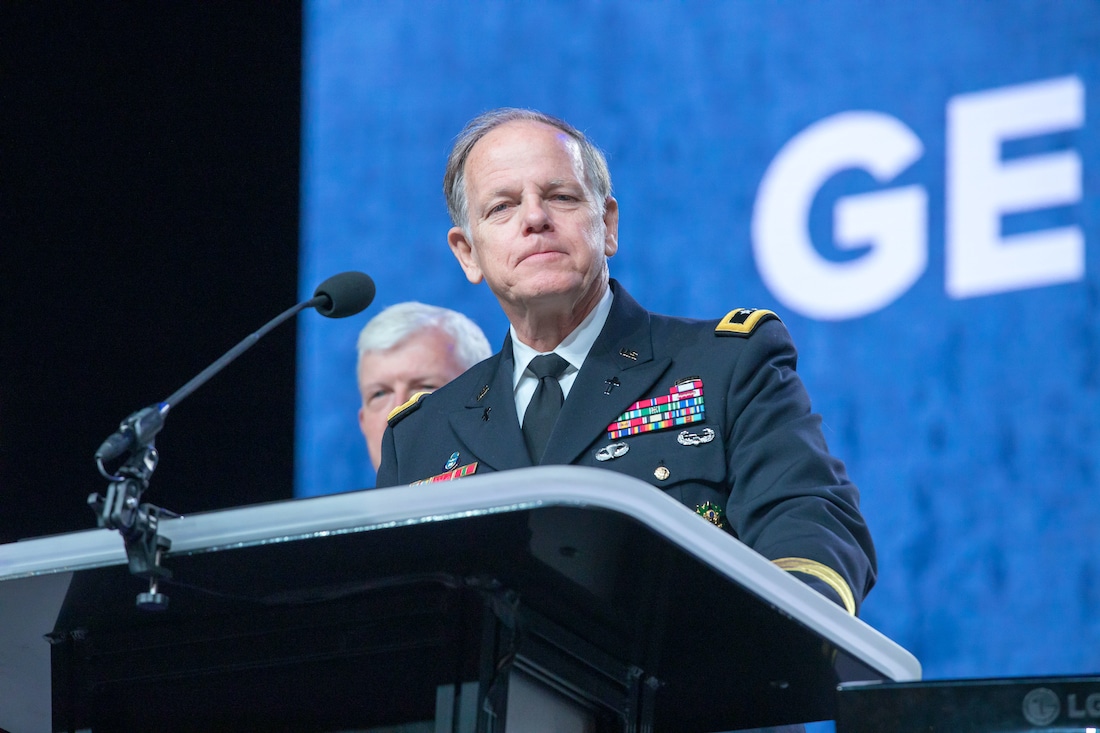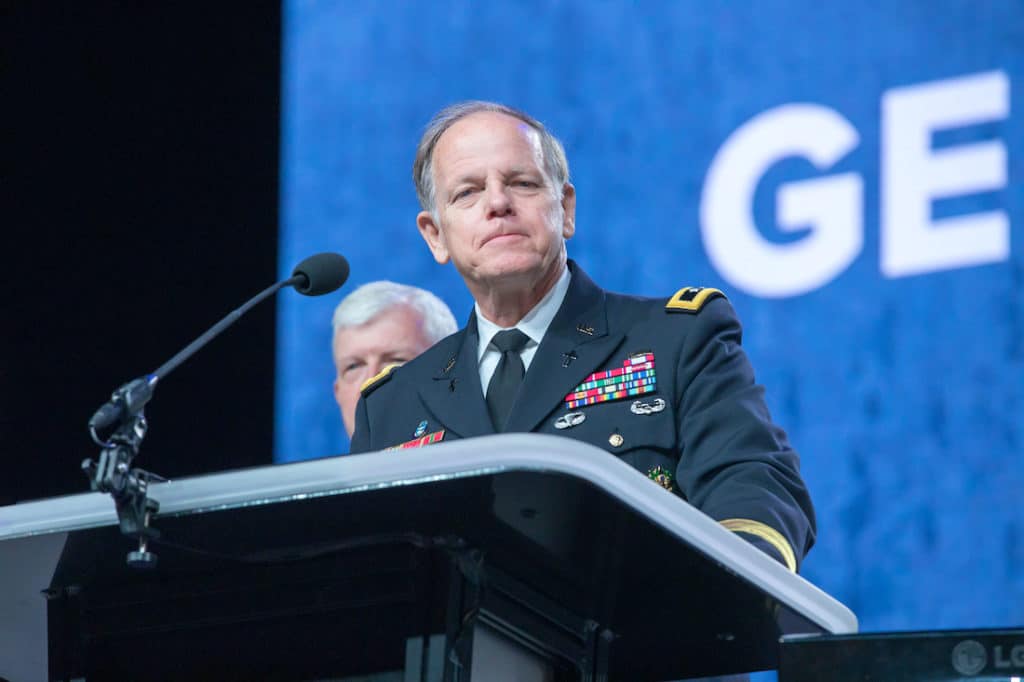I remember those incomprehensible words on December 12, 1985 like yesterday. The highly respected, battle-hardened commander stepped up to the microphone and softly addressed the packed field house full of anxious family members and soldiers awaiting the return of their loved ones. “You’ve all heard the rumors regarding a plane crash. I regret to inform you that it was our plane that went down. There are no survivors. You have my deepest condolences and prayers.” The rumors were true. A plane load of Screaming Eagle Soldiers, members of the famed 101st Airborne Division (Air Assault), were returning from a six-month deployment with the Multinational Force and Observers (MFO) Sinai when their plane crashed on takeoff at Gander, Newfoundland. All 248 Soldiers onboard died in the crash. It was the worst military air disaster in US history. The horrible news personally touched my life, having lost so many soldiers and a fellow chaplain, Chaplain (Major) Troy Carter. That day, and the ensuing months after that traumatic event, showed me the vitally important role of faith in the lives of our troops and their families.

At a traumatic moment like the Gander crash which captured the heartfelt prayers of the nation, it was important for ournational leadership to share words of faith with the grieving Fort Campbell community. President Ronald Reagan’s words and prayer at the memorial ceremony still comfort my soul today as they did almost forty years ago:
“You do not grieve alone. We grieve as a nation, together, as together we say goodbye to those who died in the service of their country. In life they were our heroes, in death our loved ones, our darlings. And so, we pray: Receive, O Lord, into your heavenly kingdom the men and women of the 101st Airborne, the men and womenof the great and fabled Screaming Eagles. They must be singing now, in their joy, flying higher than mere mancan fly and as flights of angels take them to their rest. I know that there are no words that can make your pain less or make your sorrow less painful. How I wish there were. But we know one thing with every bit of our thinking: They are now in the arms of God.”
This year the United States Army Chaplaincy will celebrate its 249th anniversary. The military chaplaincy began underthe direction of a rising young 24-year-old militia commander, then Colonel George Washington. He insisted that the greatest resource our young Nation could provide the new militia of the American colonies, was access to a religious leader who would assist soldiers to pursue “the substance of godliness” in the performance of their duties.
On July 29, 1775, The Continental Congress, at the request of General George Washington, established the Chaplain Corps, authorizing one ordained chaplain, at the rank of captain, for each regular regiment. Today more than 225 denominational faith groups or religious organizations send their religious leaders as chaplains into the Armed Services. Since 1941 the Southern Baptist Convention, the Nation’s largest chaplaincy endorsing agency, has endorsed thousands of our pastors as military chaplains to provide religious services and pastoral support to our Soldiers, Sailors, Marines, Airmen, Guardians, Coast Guardsmen and their families.
I pray for those in our nation’s leadership positions, especially within the Armed Services, to protect and promote ourtroop’s religious liberty to exercise their faith, beliefs and practices. In this new age of moral confusion, which has influenced even our Armed Forces, I am concerned about the perceived tension, misinformation and suspicion regarding an individual’s free exercise of religion while serving in the military, a right guaranteed by the First Amendment of the US Constitution. Media reports suggest that there exists within our culture and the Armed Forces a growing ignorance, insensitivity, or intolerance regarding matters of religion and its importance within the life of our troops and the Armed Forces.
Even more disconcerting is the fact that a person’s ignorance on such important matters as religious beliefs can quickly lead to misunderstanding, wrong perceptions, intolerance and hostility towards those who act and think differently than others in the community. In the words of Christian writer Os Guinness, in his book, The Global Square:Religious Freedom and The Making of a World Safe for Diversity, “how we deal with our differences in public life, especially those regarding religion, will be a real defining issue for the future of our Nation – and humanity.” Religious liberty, in thought and expression, is the key to a strong and virtuous Armed Forces, a civil society and social harmony.
On this July 4th may we continue to celebrate and pray for the freedom of religion established by our Founding Fathers. Let us thank God for veterans who have fought for our freedom over the past 248 years. Let us pray for the members of the Armed Services who continue to support and defend our many freedoms as a nation today. Let us pray military leaders will always maintain an environment within the Armed Services where our troops have the liberty to be intensely religious and, at the same time, religiously free. And, let religious liberty ring with the clear and uncompromising message of hope that “it was for freedom that Christ has set us free” (Galatians 5:1, CSB).
Published July 3, 2024
